In today’s world, conserving energy and reducing environmental impact are more important than ever. One of the best ways to do this is to increase your home’s energy efficiency.
The City of Columbus has a long history of promoting energy efficiency, saving millions of dollars for homeowners and reducing environmental impact.
Making your home more energy efficient is a great way to help the environment and save money – so what are you waiting for? These simple tips can significantly reduce energy consumption and save money on your utility bills. Start saving energy today!
Upgrade your Lighting
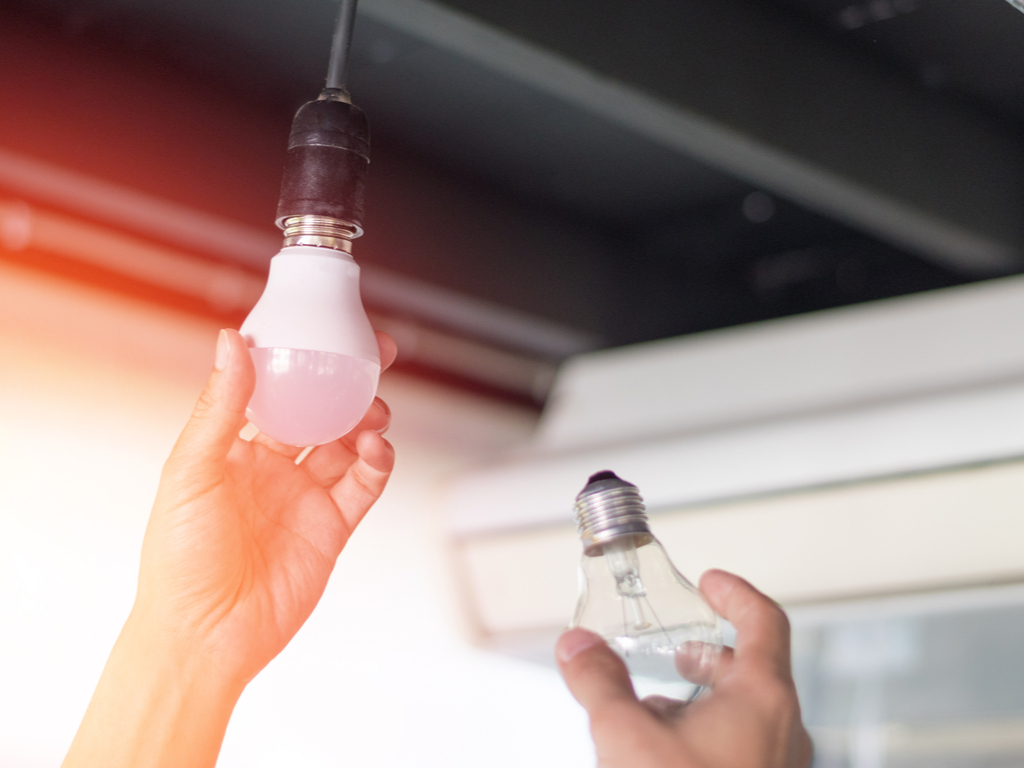
Replacing incandescent and halogen bulbs with energy-efficient LED bulbs can significantly reduce energy consumption. LEDs use up to 80% less energy than traditional bulbs and last much longer.
Select the appropriate LED bulb by checking the Energy Star label, as certified bulbs meet specific energy efficiency standards.
Seal Air Leaks

Air leaks around windows, doors, and other openings can allow heated or cooled air to escape – wasting energy. Seal these leaks with caulk, weatherstripping, or expanding foam to improve your home’s insulation.
Utilize energy-efficient sealants like caulk and weatherstripping to enhance your home’s energy efficiency by resisting heat and cold, enhancing your home’s overall comfort and functionality.
Insulate your Attic and Walls
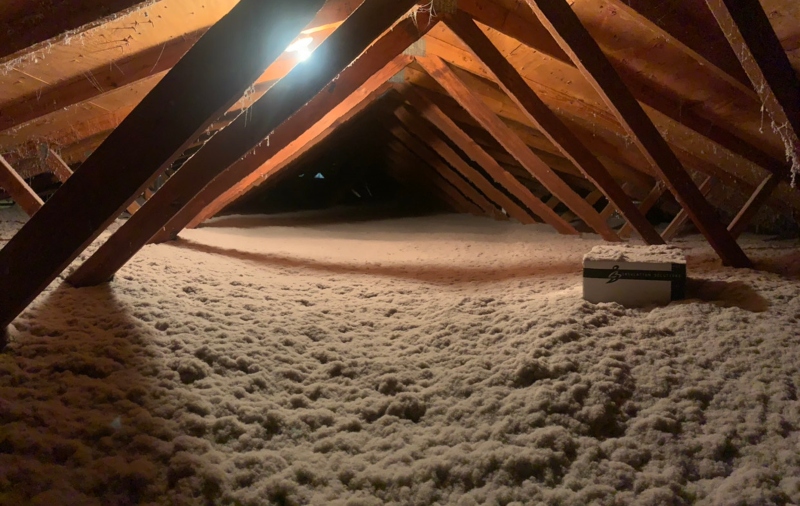
Proper insulation helps keep your home warm in the winter and cool in the summer, reducing your reliance on heating and cooling systems. Add insulation to your attic and walls if they are not adequately insulated.
Proper insulation installation is crucial to prevent heat escape and reduce its effectiveness. Ensure proper thickness, no gaps, and no air leaks to prevent insulation from leaking into your home.
Use Programmable Thermostats
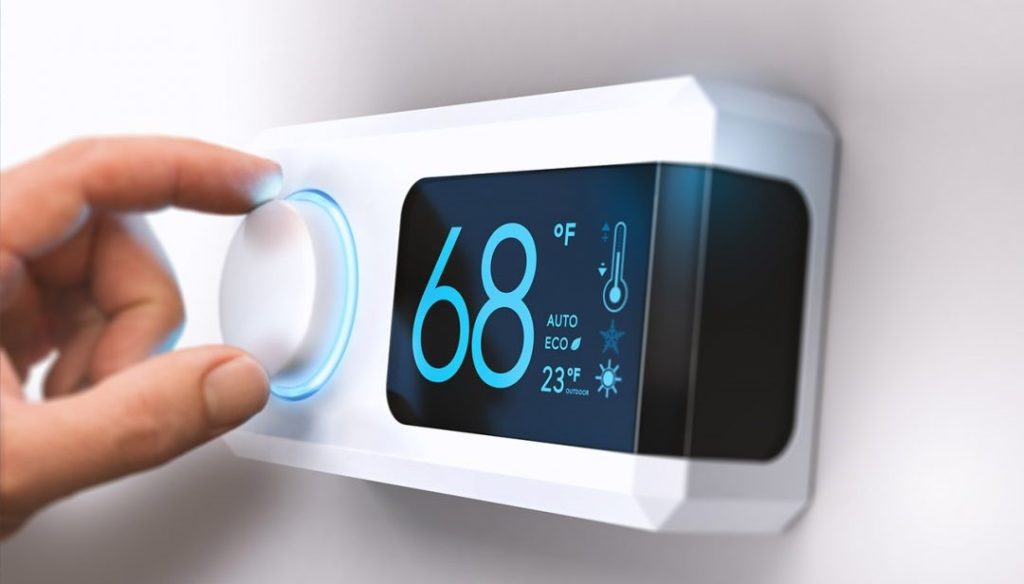
Programmable thermostats allow you to set different temperatures for different times and days of the week. This can help you save energy by reducing the time your heating and cooling systems run.
Many programmable thermostats come with smart features that enable remote access through mobile apps. This allows you to adjust your heating or cooling settings even when you’re away from home. If your plans change unexpectedly, you can prevent unnecessary energy consumption by adjusting the thermostat remotely.
Programmable thermostats empower users to manage and optimize their heating and cooling systems, tailoring them to specific needs and schedules. Programmable thermostats enhance energy efficiency in residential and commercial spaces by avoiding unnecessary energy consumption during periods of inactivity or adjusting temperature settings based on your routine.
Maintain your Appliances
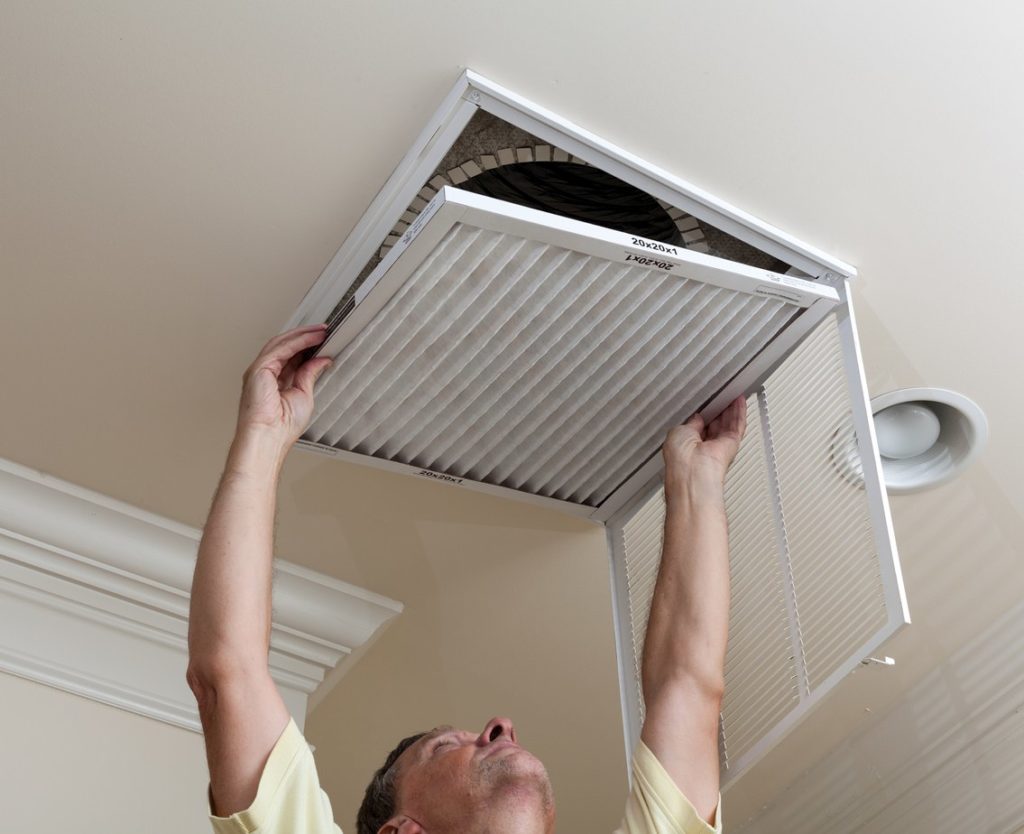
Regularly cleaning and maintaining your appliances can help them run more efficiently and last longer. There are many appliances in the home that this applies to.
Let’s start with the heart of the kitchen—the refrigerator. Beyond just cleaning spills, pay attention to the often-overlooked condenser coils located on the back or underneath. These coils can accumulate dust and debris, affecting the refrigerator’s ability to dissipate heat efficiently.
When it comes to your air conditioner, keeping it in top shape is as easy as regularly cleaning or replacing the filters. Don’t forget about the coils – they can gather dirt over time, and cleaning them well ensures efficient heat exchange. This simple maintenance routine helps your home stay cool without using more energy than necessary.
A quick task like cleaning the lint trap after each use can significantly affect the dryer. Periodically clearing the dryer vent is equally essential to prevent lint buildup and maintain optimal efficiency.
Extend your maintenance routine to the HVAC system by regularly replacing or cleaning filters. If applicable, consider cleaning the ductwork to remove dust and debris, ensuring good air quality and circulation throughout your home.
Finally, don’t overlook the impact of dust on computers and electronic devices. Keeping vents and fans clean prevents overheating, ensuring optimal performance and energy efficiency.
Wash Clothes in Cold Water
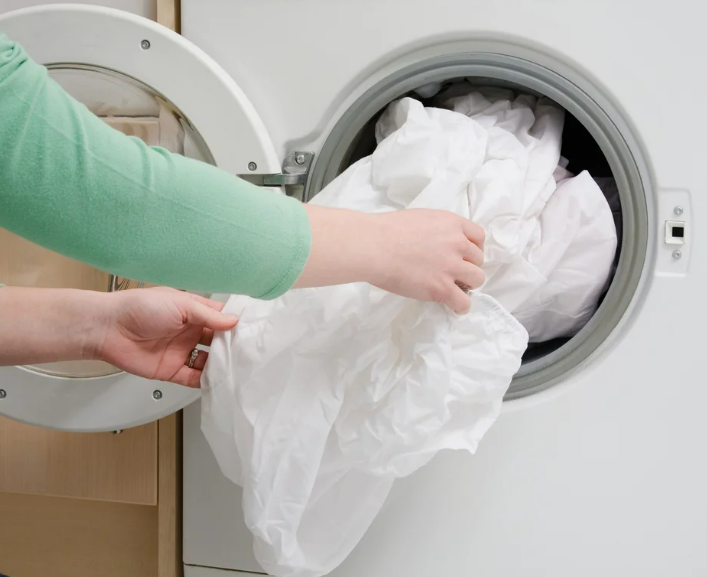
Washing your clothes in cold water has a big energy-saving perk: saving up to 30% on your energy bills. Traditional washing machines use a lot of energy to heat water for laundry, but choosing cold water cycles skips this energy-intensive step, resulting in significant energy savings. This helps the environment by reducing overall energy demand and reducing homeowners’ utility bills.
Thanks to advancements in detergent and washing machine tech, cold water is just as effective at cleaning clothes without compromising quality. Switching to cold water washing is an easy, accessible change that aligns with a sustainable lifestyle, showcasing how individual choices create a more energy-efficient and eco-friendly future.
A Greener and More Cost-Effective Home
Follow these six tips to make your home more energy-efficient and save money. Every effort makes a difference, whether you make minor changes or go for bigger upgrades. Even the smallest actions can significantly impact and create a more sustainable and cost-effective home. Take the first step towards a greener home today and see the positive changes in your energy efficiency. Here’s to a brighter and more eco-friendly living space!

